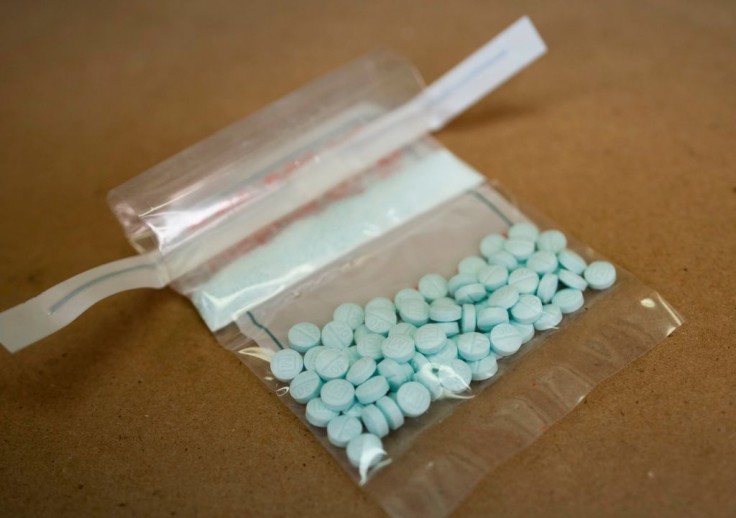
A group of Oregon moms whose children and loved ones suffer from addiction protested in front of the house of Gov. Kate Brown in Portland and demanded better action on the opioid crisis.
About 30 members of the Oregon Moms for Addiction Recovery and Oregon Recovers stood along Southeast Steele Street on Sunday, May 8, Mother's Day, bearing placards and signs as they fought for their advocacy. They believed that the government was not doing enough to help curb the addiction.
Mom Cathy McInnis, who lost her 28-year-old daughter, Katie, told KOIN that addicts continue to struggle due to a lack of support and treatment, with no places to go or help from the state. The family was left with no choice but to send Katie out of state. She did not survive in the treatment facility after her heart gave up due to a long addiction battle.
According to Mike Marshall, the director of Oregon Recovers, there are supposed to be multiple agencies in the state that could help with the crisis. Despite this, coordination has been lacking with these agencies. Cases of addiction-related deaths rose during the pandemic while treatment options in residential facilities dramatically decreased.
Oregon's Poor Access to Addiction Treatments
Oregon has the highest population of people addicted to illegal substances. Yet, it ranks one of the lowest among all other states when it comes to access to addiction treatments, per the National Survey on Drug Use and Health. Even the state's action against alcohol abuse is also deemed poor.
In 2018, Brown declared addiction a public health crisis in Oregon and sought the help of the Alcohol and Drug Policy Commission (ADPC) to come up with good action on the opioid crisis plan to prevent its escalation and improve the state's treatment and recovery programs. ADPC submitted the plan in 2020, which was incorporated in Measure 110, alongside a budget of $300 million. However, the program has made few strides and actions in helping the public.
Law enforcement officers said that Measure 110 likely worsened the drug crisis as the law also decriminalized small amounts of drug use. This emboldened businesses to flourish as the sale of OxyContin pills, including counterfeit substances, brought on little consequences. In 2021, Oregon had more deaths due to drug overdose than car crashes.
Meanwhile, families with relatives struggling with addiction continue to wait to get their loved ones into treatment facilities for at least a month or more. Their risk of dying increases every day as the action on the opioid crisis is delayed.
Parents Worry for their Children
Mom Meggan McEvoy said she is worried for her daughter, who was once a promising academically gifted student. Her daughter became addicted to marijuana in the eighth grade. The mom thought that the state missed out on properly educating the public about the potency of cannabis and the dangers of substance abuse when this substance was legalized in 2016.
From marijuana, her daughter tried cocaine and has been taking counterfeit oxycodone tablets, which have the powerful opioid fentanyl. McEvoy said that her daughter is "really, really struggling" and could likely die one day. As a social worker, the mom has access to healthcare facilities, but she can't bring her daughter to treatment sites as there are no more beds, per Oregon Capital Chronicle.
The mothers' protesting in front of the governor's house is also a call to release more funding to facilities that need resources to improve their services. Mom Jennifer said that the governor has to see that these funds will help prevent the death of their children.